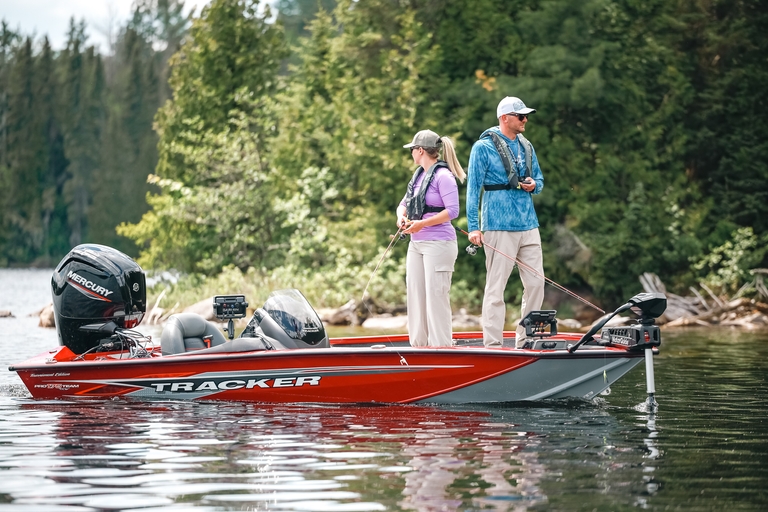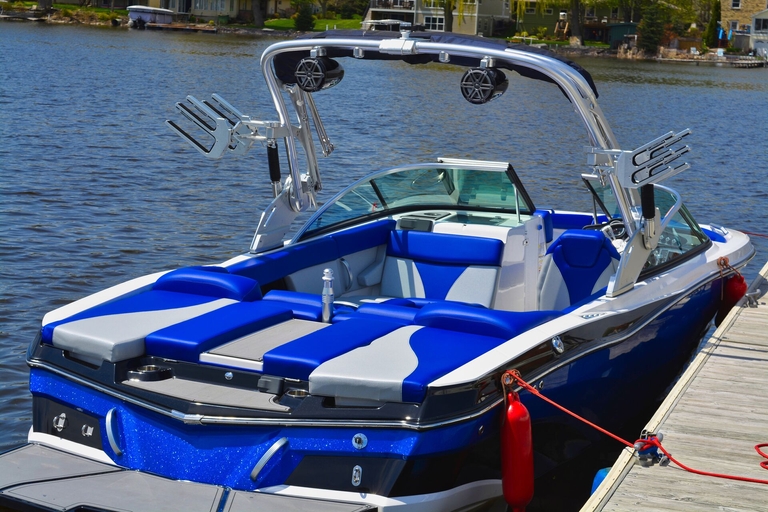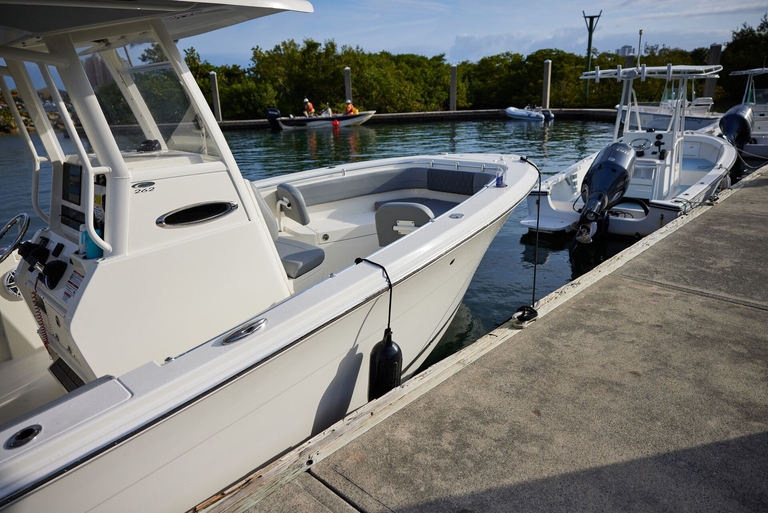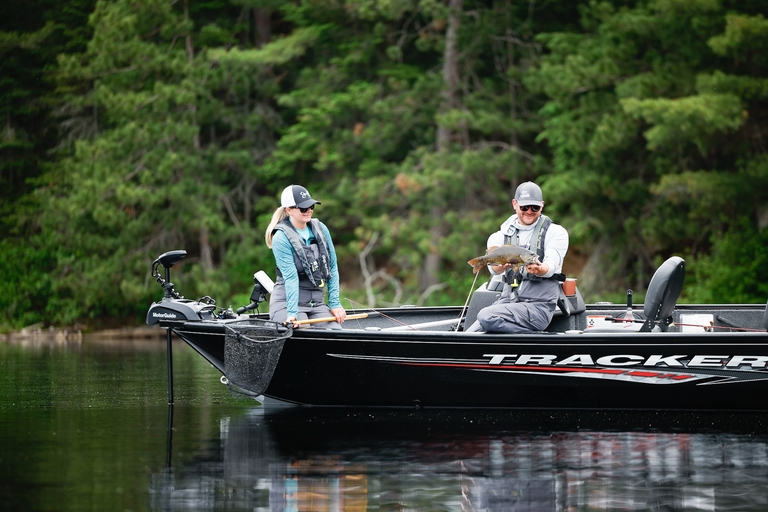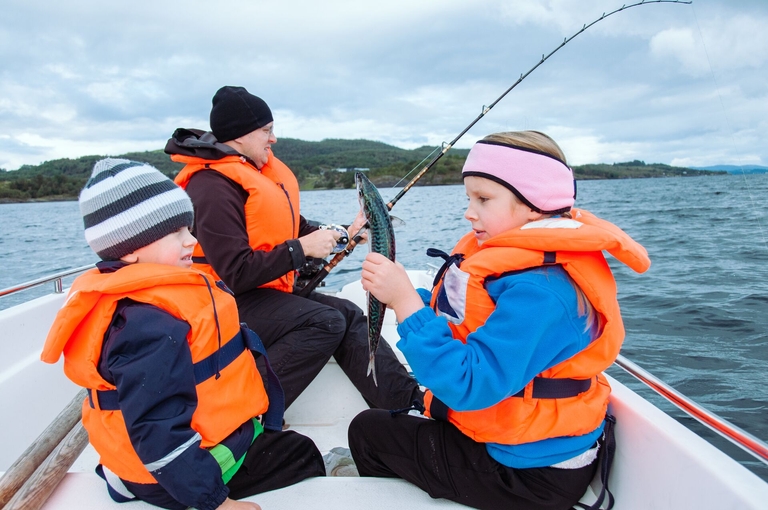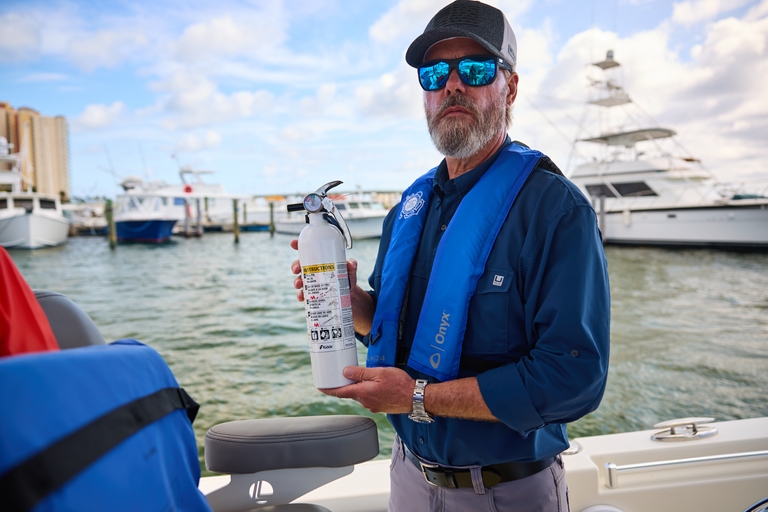Do I Need a License to Operate Fish and Ski Boats?
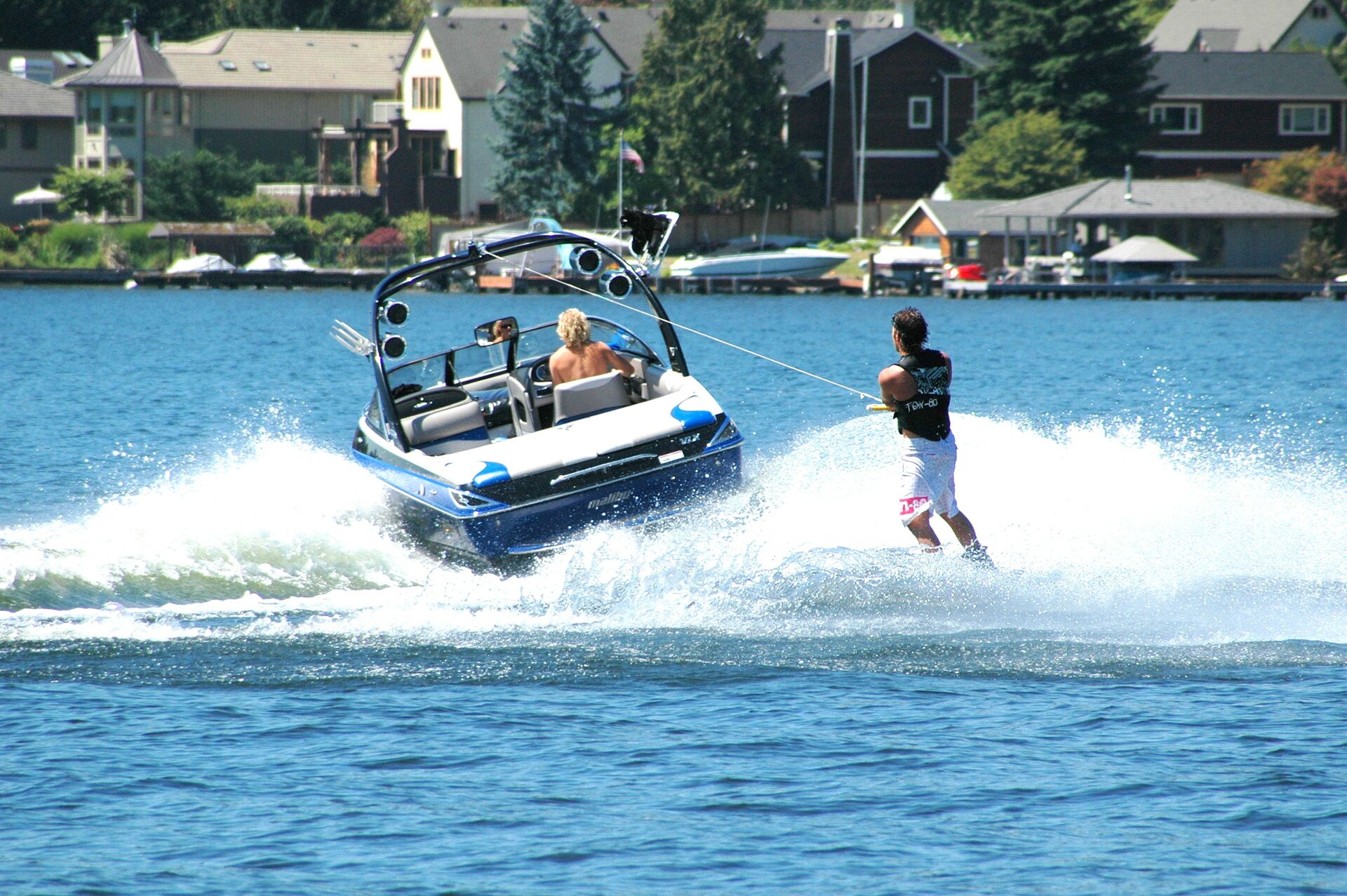
No matter what kind of boat you drive, it's vital that you understand licensing rules. You don't want to get into trouble when trying to have a fun day out on the water.
Not only do you want to make sure you're legal, but you also need to stay safe on the water. That's easier to do when you know how to operate your boat the right way and handle any issues that come up. With good weather and some knowledge, your boating trip will be a lot safer, and you can have a great time with family and friends.
Here's what you need to know about fish and ski boats, the licensing requirements to drive them, and how they operate.
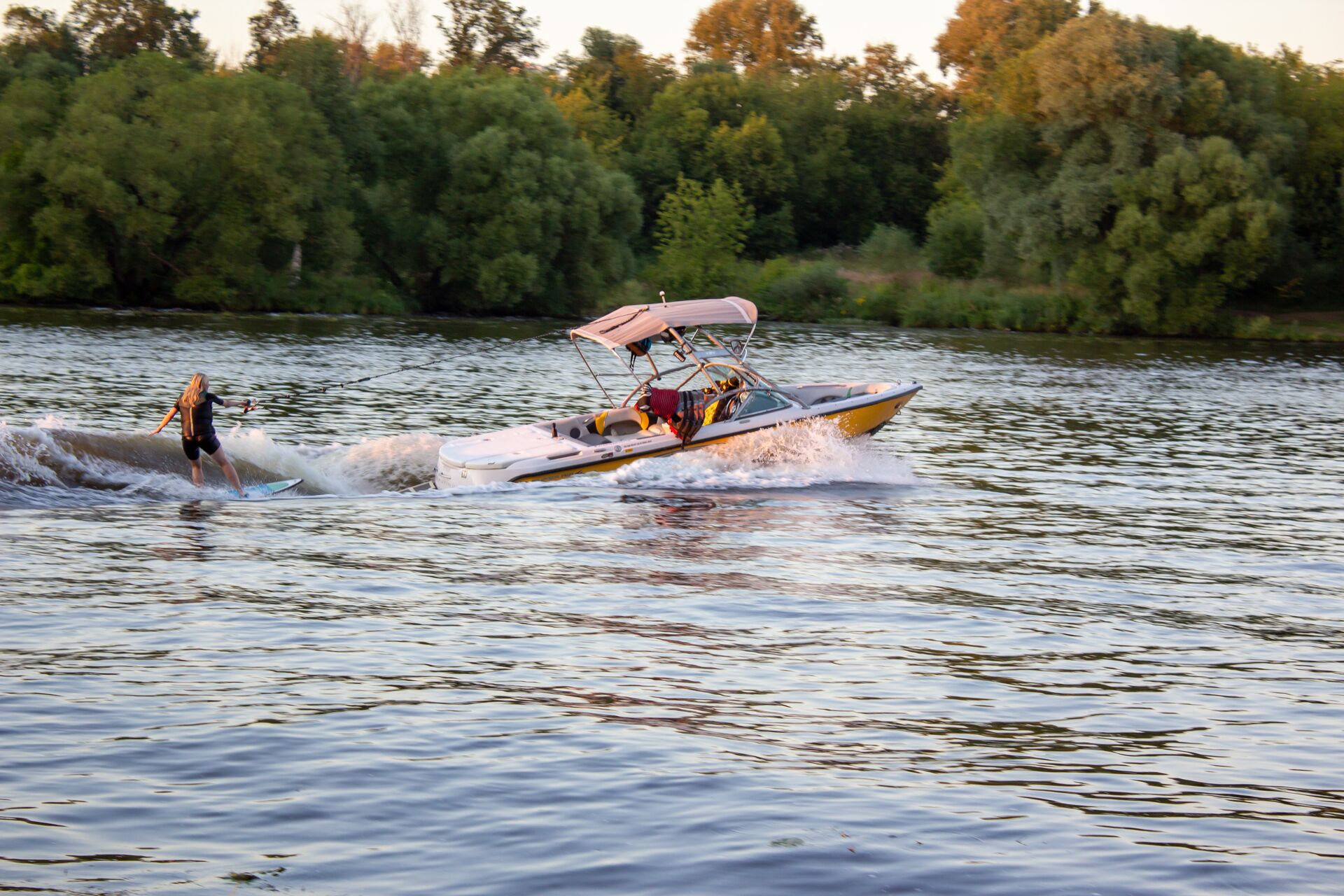
Understanding Fish and Ski Boats
This kind of boat is a dual-purpose option for people who want to be able to fish from their boat but also enjoy recreational skiing. If your family or friend group loves both activities, especially in a single day, this could be the right boat for your needs.
There are various models to choose from, and they all offer features for both sports, so you can select the vessel that's the right size and style for all the ways you want to use it. Depending on whether you fish more often and ski occasionally or vice versa, you may want to choose a versatile boat that is still targeted more toward a particular use.
Do You Need a License?
There's no yes or no answer to whether everyone needs a boat license because the licensing requirements vary from state to state. You'll need to understand the boating laws in your state and follow current guidelines to ensure you're operating your boat legally.
However, in general, most states require motorized boat operators to have a license or a boater education card. This would apply to operating a fish and ski boat.
Fortunately, most states make it very easy to find boat licensing information. Doing this research will help you see what you need to do to meet the initial requirements for a boating license and whether there are any ongoing education or licensing requirements you'll need to meet over time.
Boater Education Requirements
Like boat license requirements, boater education requirements can differ from state to state.
Some states expect completion of a boater education course before operating motorized boats. Other states don't have this requirement, but taking a course is still good for boating knowledge and safety.
You never know when something you've learned from a boater education course could save a life on the water!
Age Restrictions
Younger boat operators often have specific licensing or education requirements based on age. In many states, boaters younger than 15 or 16 have different expectations than boaters 17 or older, but this can vary depending on the state.
Federal Regulations
No universal federal boating license regulations are in place, but boat operators must follow the licensing rules set by the state where they are licensed. If you're boating on vacation in a different state, you'll need to know and follow that location's rules.
However, boaters must follow the federal rules of the water when operating a vessel.
The U.S. Coast Guard has requirements for boat registration and safety gear. Following those can ensure that you have the right safety equipment for your boat, such as life jackets and fire extinguishers, and that your boat is registered correctly so it's legal on the water.
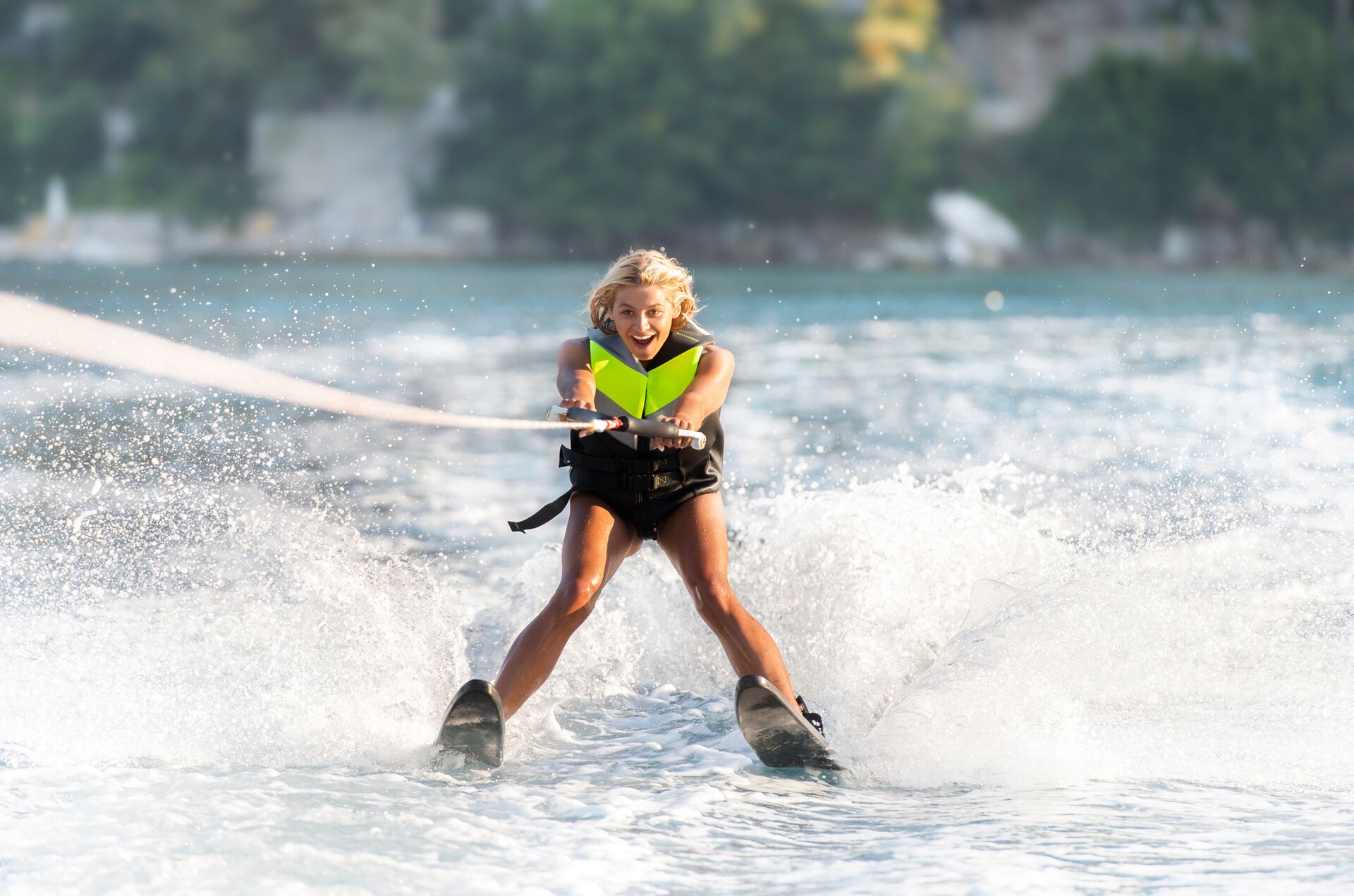
Where Fish and Ski Boats Typically Operate
Fish and ski boats typically operate in rivers, lakes, and coastal regions. These probably aren't the right boats for open ocean waters or other rough conditions.
Note that the licensing rules can differ for inland vs. coastal waters and any waters that fall under federal jurisdiction.
Knowing the rules for the waterways you plan to navigate is a critical step in enjoying your boating experience and feeling confident that you're following the law. You'll also need to be prepared if you travel with your boat since laws can differ between states.
Reciprocity Between States
Some states have reciprocity agreements with others. That means they allow a valid boating license from another state to be recognized in theirs.
This is an important consideration when taking your boat out of state or traveling any waterways that will cross state borders. So, make sure you're familiar with reciprocity rules between states before you take your boat to another location for some fun on the water.
Safety and Insurance
The licensing of your boat and whether you've completed a boater education course can impact boating insurance rates. Even if your state doesn't require an education course (or an operator's license), taking one can mean an insurance discount and essential knowledge.
You also want to stay safe on your boat and keep your family and friends safe. By having the proper knowledge and education before taking your boat out onto local waterways, you can enhance safety and engage in more activities without worry.
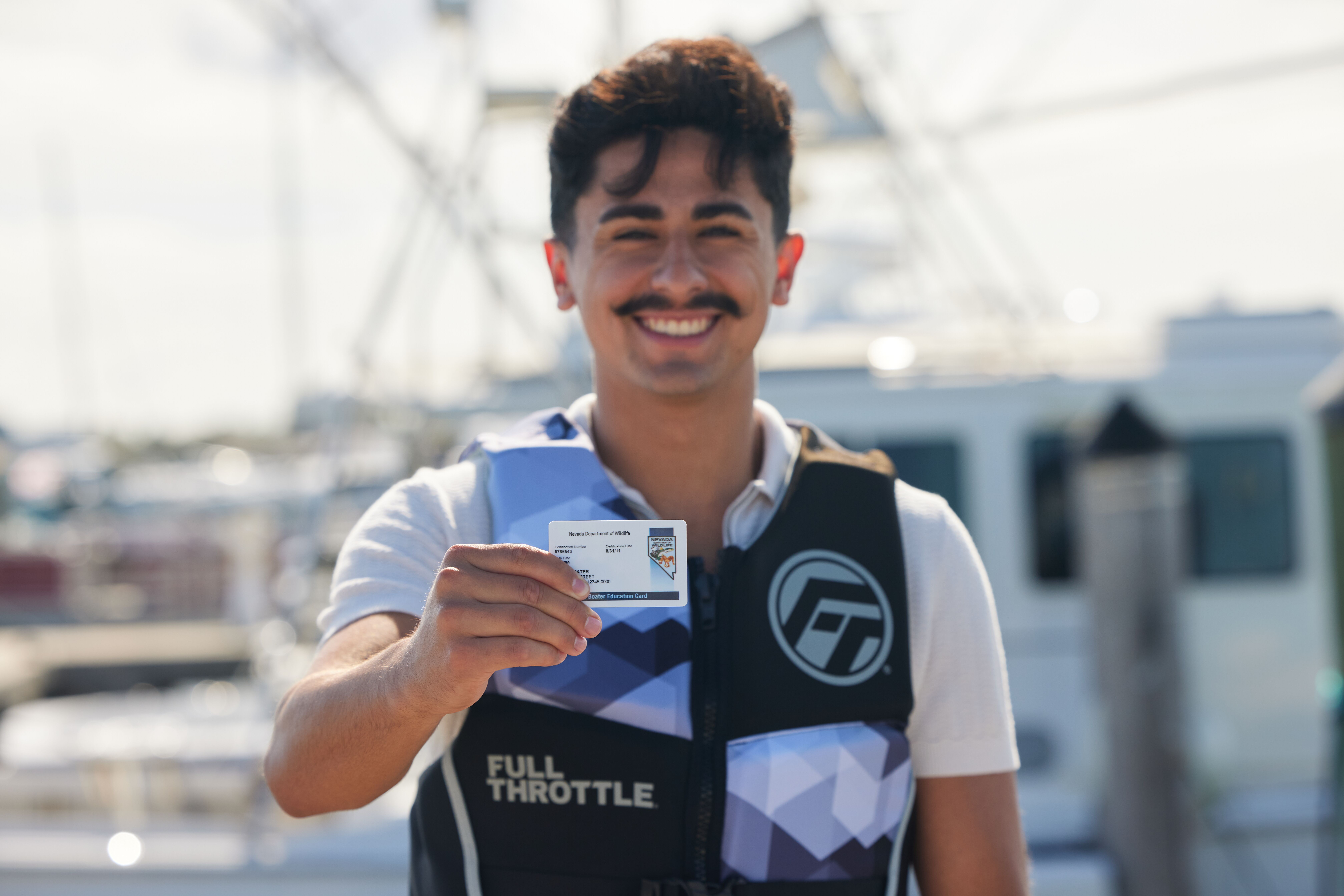
How to Obtain a Boating License
The easiest way to apply for a boating license is through online options such as Boat-Ed. You can also take in-person courses if convenient or if you learn better in that environment.
The National Association of State Boating Law Administrators (NASBLA) standardizes boating education so you can feel confident you're getting the correct information from your state's course through Boat-Ed.
Boating Without a License has Consequences
You could face fines and other penalties if caught boating without a license. Your boat could also be impounded if you're operating it without proper certification.
Compliance is essential to avoid legal issues. So, do your homework, take a course, and make sure you have a license (and your boat is licensed) if required by your state.
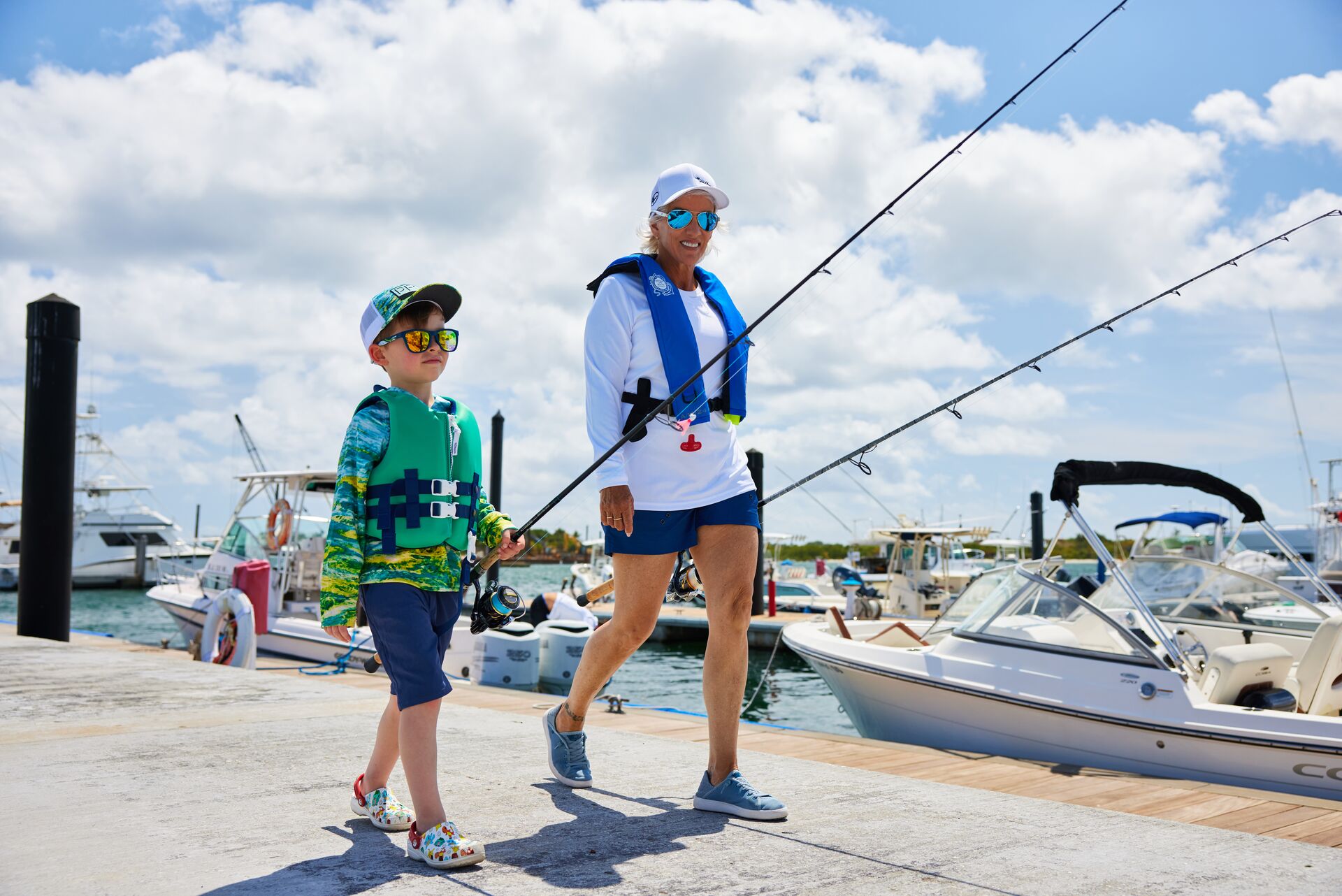
A Boating Education Course Prepares You for Safety on the Water
Before you head out on the water to fish, ski, or engage in other activities, take the time to complete a boat education course through Boat-Ed. You'll learn vital information to help you stay safe on the water and enjoy your fish and ski boat (or any boat) to the fullest.
It's easy to get your boater card (or boating license) with Boat-Ed! Just choose the course for your state or take our Canadian course, pass the exam, and get your card.

